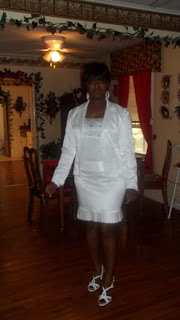The following code of ethics have meaning and significance to me as an teacher.
I - 1 . 3 —To recognize and respect the uniqueness and the potential of each child.
~As a teacher, we must communicate a deep regard for students' lives, a regard infused with unblinking attention, and respect. An engaged teacher begins with the belief that each student is unique.
I - 1 . 5 —To create and maintain safe and healthy settings that foster children's social, emotional, intellectual,and physical development and that respect their dignity and their contributions.
~As a educator and teacher, students must be provided an environment that is safe,be consistent in the way that you treat students so that they feel they can trust you. Promote a friendly atmosphere between students through group activities that foster respect for others. Students who are physically healthy are better learners.
I - 2 . 1 —To develop relationships of mutual trust with families we serve.
-We must as Early childhood professionals we play a critical role in the attitudes parents develop about their child’s schooling. Teachers of the very young often establish the first connections parents have to school situations and thus influence parents’ attitudes toward involvement. These first connections may be respectful and supportive.
I believe all teachers and educators should have a copy of the Code of Ethics in their classrooms to remind them of their responsibilities as teachers to students, co-workers, parents and your employers.
